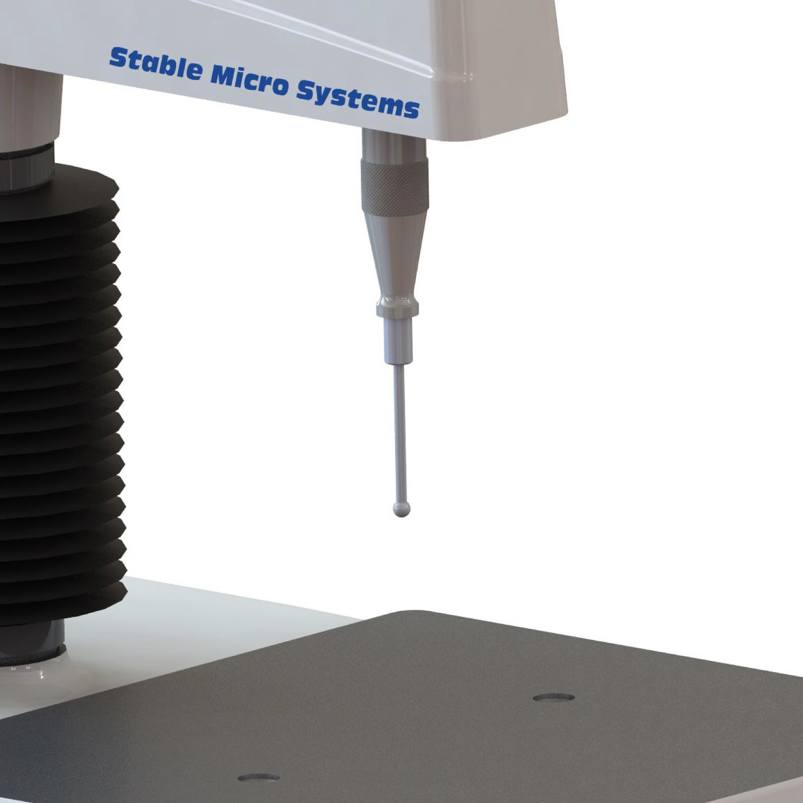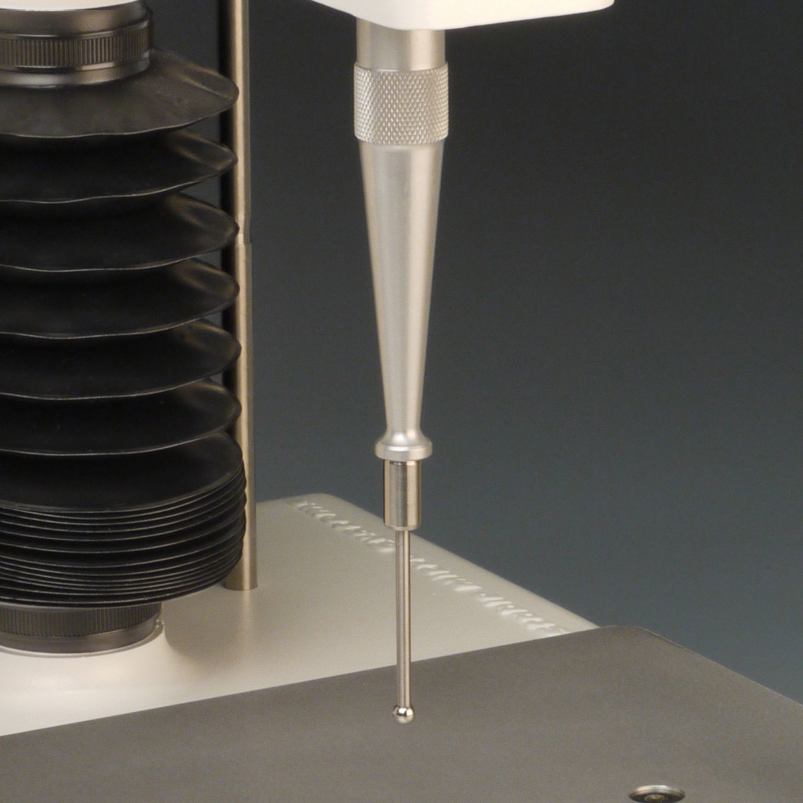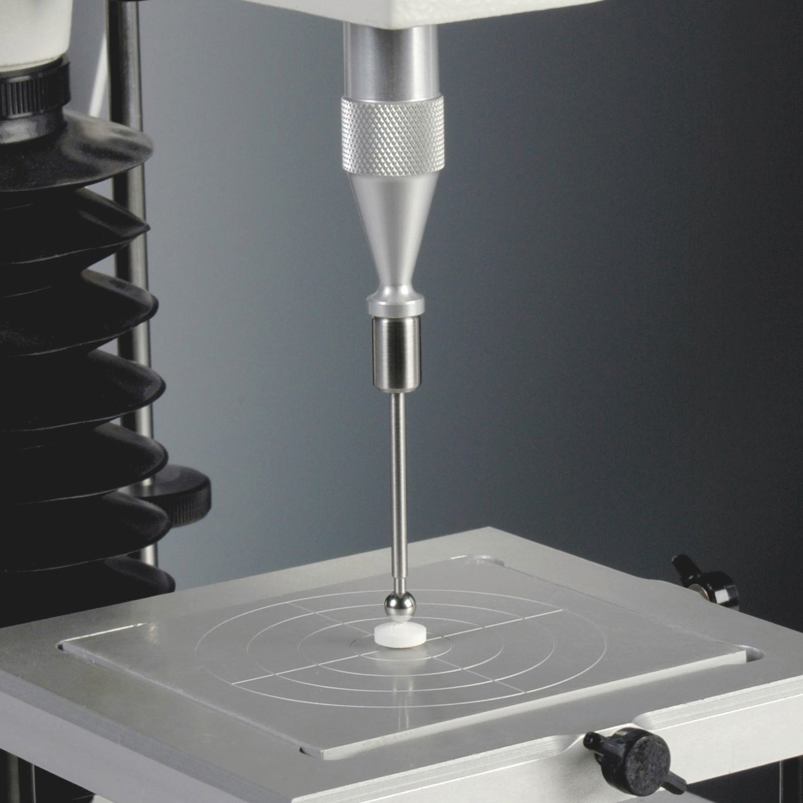Product overview
Six Spherical (ball) Probes from 0.25" – 1" (6.25 – 25.4 mm) are used to measure the fracturability of crisps (which are also known as chips) and other snack products as well as indentation tests on packaging materials.
A 5mm Spherical Probe is often specified for the standard testing of surimi (fish gels).
How does the 5mm Spherical Probe work?
Ideal sample form
Solid materials which may be self-supporting or contained.
Benefits and limitations
- As the probe used for testing is a constant size, the dimensions of the product to be tested can vary without considerably affecting the ability to compare results. A hemispherical or spherical probe may be used to imitate a finger pressing into a product and is preferable to a cylinder when the surface of the test sample may not always be presented as flat.
Technical information
Installation
Full installation instructions are provided within the Education Zone of the latest Exponent/Connect software version and on the technical information sheet accompanying this product.
Chemical compatibility
Stable Micro Systems probes and attachments are commonly made from four materials: anodised aluminium (AA6082 T6), stainless steel (316 T), Delrin (acetyl copolymer) and Perspex (polycarbonate).
In general use, probes and attachments made from these materials will be suitable for testing food products and inert non-food materials.
The four materials listed above are not universally resistant to all types of chemicals and as such the compatibility of the probe/attachment material with the product (to be tested) must be established to prevent damage to the probes and attachments. If the compatibility of the product with the probe is unknown to the customer then the chemical information about the product (Material Safety Data Sheet or Product Data Sheet) should be submitted to Stable Micro Systems. Stable Micro Systems will then assess the suitability of the probe/attachment material for use with the product and advise accordingly. If this advice is not sought then Stable Micro Systems will not accept liability for probes/attachments damaged by chemical attack from the product being tested.
Cleaning and maintenance
All probes and attachments may be cleaned in warm (or hand hot) water using a mild detergent. A soft brush may be used but abrasive cleaning aids should be avoided. Stable Micro Systems products should not be microwaved or cleaned in a dishwasher.
Screw threads should be lightly lubricated after drying using a light lubricant, e.g. petroleum jelly, mineral oil. This will aid the fitting and unscrewing of the item. Each component of a probe or attachment should be wrapped separately when stored, to avoid scratching or chipping. This will safeguard against any unnecessary damage to the accessory.




